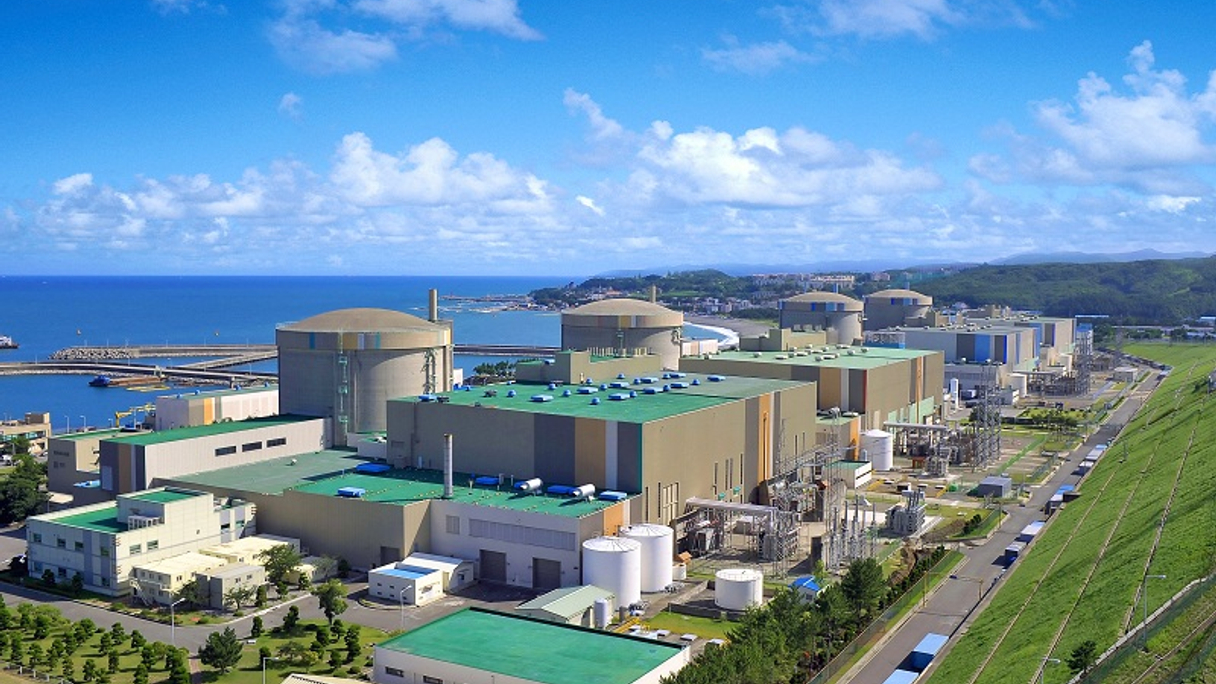Korea Hydro and Nuclear Power, a subsidiary of state-owned Korea Electric Power Corp, raised a capped $300 million five-year bond late on Tuesday night, pricing the instrument at its final price guidance.
¬ Haymarket Media Limited. All rights reserved.



